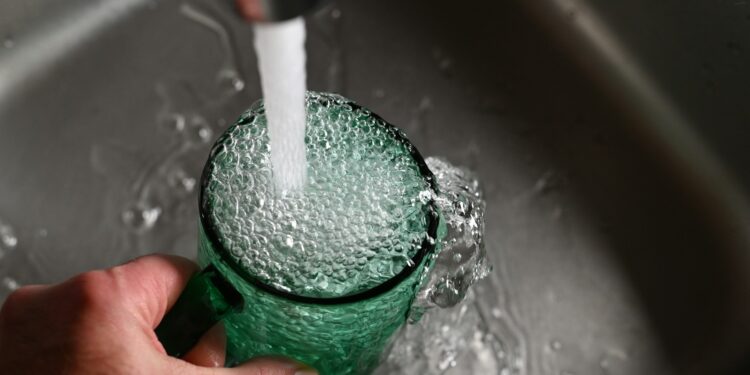The type of water is important.
A woman in Texas has died from a rare and typically deadly brain infection after using tap water for a sinus rinse, according to health officials. The 71-year-old contracted primary amebic meningoencephalitis (PAM), an infection caused by Naegleria fowleri, a microscopic organism often referred to as the “brain-eating amoeba.”
This amoeba is commonly found in warm freshwater sources and, in some cases, in untreated tap water. A case report from the Centers for Disease Control and Prevention (CDC) noted that the woman had used water from an RV system at a Texas campsite to rinse her sinuses. She began experiencing symptoms such as headache, fever, and confusion within four days.
Despite medical intervention, her condition deteriorated rapidly. She began having seizures and died just over a week after symptoms first appeared. The CDC emphasized that inadequately maintained water systems, including municipal and RV supplies, can pose a risk for waterborne illnesses.
Health officials advise that sinus rinses should only be performed using sterile, distilled, or previously boiled and cooled tap water to prevent such infections. The amoeba enters the body through the nasal passages and migrates to the brain, typically during activities involving warm freshwater exposure like swimming or diving.
To reduce risk, the CDC recommends using nose clips or keeping the head above water when swimming in lakes or hot springs. Additionally, they warn against using poorly maintained pools or splash pads, which could harbor dangerous pathogens like Naegleria fowleri.

































Discussion about this post